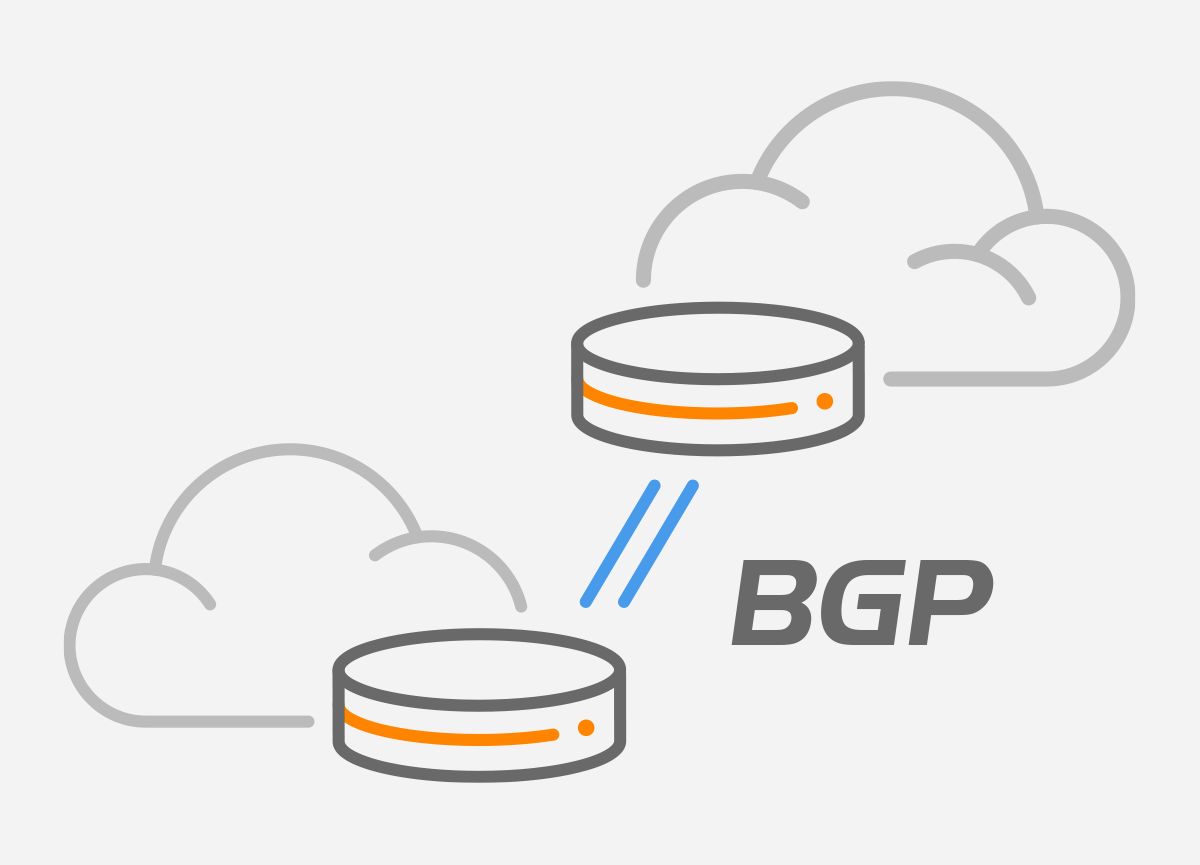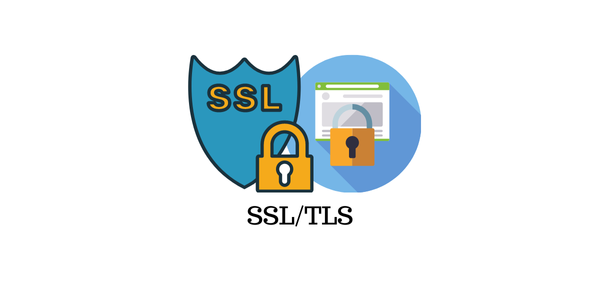In the digital age, our everyday activities heavily rely on the internet, whether it’s browsing websites, streaming videos, or connecting with friends on social media. At the heart of these online interactions lies a crucial component that enables our devices to communicate with each other: the IP address. But what exactly is an IP address, and why is it so essential for the functioning of the internet? In this blog post, we’ll delve into the fundamentals of IP addresses, exploring their types, functions, and significance in our interconnected world.
Understanding IP Addresses
An Internet Protocol (IP) address is a unique string of numbers assigned to each device connected to a computer network that uses the Internet Protocol for communication. Much like a physical address, an IP address identifies a specific location on the network, allowing data to be sent and received accurately.
Structure of an IP Address
There are two primary versions of IP addresses in use today: IPv4 and IPv6.
IPv4
IPv4 addresses are composed of four sets of numbers, each ranging from 0 to 255, separated by dots. For example:
192.168.1.1
This format, known as dotted-decimal notation, provides approximately 4.3 billion unique addresses, which initially seemed sufficient but have become scarce with the exponential growth of internet-connected devices.
IPv6
To address the limitations of IPv4, IPv6 was introduced. IPv6 addresses are longer, consisting of eight groups of four hexadecimal digits separated by colons. For example:
2001:0db8:85a3:0000:0000:8a2e:0370:7334
IPv6 allows for an almost infinite number of unique addresses, accommodating the ever-expanding number of devices on the internet.
Types of IP Addresses
IP addresses can be categorized into different types based on their scope and function:
Public IP Addresses
Public IP addresses are unique across the entire internet. They are assigned to devices that need to communicate over the internet, such as web servers and home routers. These addresses are managed by the Internet Assigned Numbers Authority (IANA) and regional internet registries.
Private IP Addresses
Private IP addresses are used within private networks, such as homes, offices, and enterprise environments. These addresses are not unique across the internet and cannot be used to communicate directly with devices outside the local network. Common ranges for private IP addresses include:
192.168.0.0 - 192.168.255.255172.16.0.0 - 172.31.255.25510.0.0.0 - 10.255.255.255
Static and Dynamic IP Addresses
- Static IP Addresses: These are manually assigned to a device and do not change over time. They are often used for servers and other critical devices that need a consistent address.
- Dynamic IP Addresses: These are assigned automatically by a DHCP (Dynamic Host Configuration Protocol) server and can change periodically. Most consumer devices use dynamic IP addresses to simplify network management.
Functions of IP Addresses
IP addresses play several critical roles in network communication:
Identifying Devices
Each device on a network has a unique IP address, allowing it to be identified and located. This ensures that data packets sent over the network reach the correct destination.
Routing Data
Routers use IP addresses to determine the best path for data to travel from the source to the destination. This process, known as routing, is essential for efficient and reliable data transmission across networks.
Facilitating Internet Communication
IP addresses enable devices to connect to the internet and access online resources. When you visit a website, your device’s IP address is used to request data from the web server, which then sends the data back to your IP address.
The Importance of IP Addresses
Internet Functionality
Without IP addresses, the internet as we know it would not exist. They are fundamental to the process of connecting devices and enabling communication over the network.
Network Security
IP addresses are crucial for network security. They help administrators monitor and control network traffic, identify potential threats, and implement security measures such as firewalls and access controls.
Geolocation Services
IP addresses can provide approximate information about the geographical location of a device. This information is used for various purposes, including targeted advertising, content localization, and fraud prevention.
Conclusion
IP addresses are the digital identifiers that make the internet work, allowing devices to communicate, data to be routed, and online interactions to happen seamlessly. Whether it’s an IPv4 or IPv6 address, public or private, static or dynamic, each IP address plays a vital role in the functioning and security of our interconnected world. As the number of internet-connected devices continues to grow, the significance of IP addresses will only increase, underscoring their fundamental importance in the digital age.







